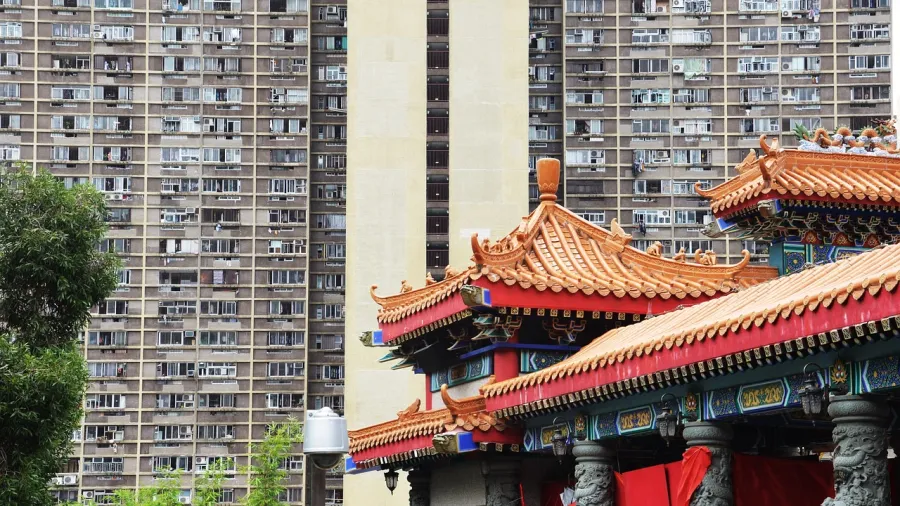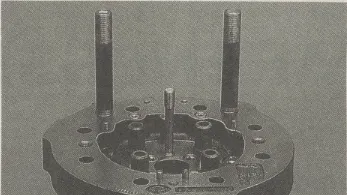
Relaxation of property cooling measures a ‘band-aid solution’ - expert
The government has reduced Buyer’s Stamp Duty to 7.5%, amongst others.
The impact of the government’s easing of property cooling measures will be “insignificant,” according to several real estate experts.
During the latest policy address, the government announced that it will reduce the Buyer’s Stamp Duty (BSD) and the New Residential Stamp Duty (NRSD) from 15% to 7.5%, amongst others.
Colliers’ Head of Valuation & Advisory Services, Hannah Jeong said the impact of the reduction will be limited “since there is a gap with market expectation.”
“The special stamp duties were intended to curb speculation, but purchasing power is still heavily affected by the interest rate and the current economy though current property price has fallen by 15% as compared to the peak in 2021,” Jeong said.
“Given the persistent high-interest rate and the economic instability in the past few years, residential home buyers maintain a ‘wait and see’ approach in the flat purchase, we estimate the overall full-year residential home prices will see a 4% to 5% drop in 2023 and we expect the property price will continue its downward trajectory in 2024,” Jeong added.
Joseph Tsang, chairman of JLL Hong Kong, described the relaxation as a “band-aid solution,” adding that it is unlikely to reverse the downward trend of home prices.
Tsang said the reduced BSD will have a limited impact on the market given that Mainlanders' home-hunting trend in Hong Kong has faded and mainland China's economy remains weak.
“Over 90% of the buyers in the new residential projects released in recent years are local people,” he said.
Commenting on the impact of the reduced NRSD, Tsang said: “The housing market would benefit when the market sentiment is positive. However, we are experiencing an economic downturn, and the demand for buying a second home is limited. It has no impact on the housing market.”
What the government should do instead according to Tsang is reduce the target for private housing supply to an average of 12,900 units per year, reintroduce the mechanism of triggering land for auction to replace the current regular tender, and remove all cooling measures in the housing market, including stress tests.
Another demand-management measure which the government introduced was shortening the applicable period for payment of the Special Stamp Duty (SSD) to two years.
The shortened period means that property owners who dispose of their property two years after acquisition will not have to pay the SSD, which amounts to 10% of the property price.
The policy, according to Rita Wong, executive director and head of Valuation & Consulting, Valuation & Advisory Services for Greater China at CBRE, is unlikely to steam up sales activities.
However, coupled with the relaxation of BSD and NRSD, the policy offers more flexibility to buyers and loosens the liquidity cuff during buy considerations.
Rosanna Tang, executive director and head of Research at Cushman & Wakefield Hong Kong, also believes the adjustments introduced by the government will “help alleviate the costs for Hong Kong permanent residents when purchasing the second residential properties and for non-permanent residents to acquire properties, thereby improving market sentiment and restoring confidence among potential buyers and upgraders.”
“Furthermore, these changes are expected to increase the supply and turnover of the secondary property market,” Tang added.








![Cross Domain [Manu + SBR + ABF + ABR + FMCG + HBR + ]](https://cmg-qa.s3.ap-southeast-1.amazonaws.com/s3fs-public/styles/exclusive_featured_article/public/2025-01/earth-3537401_1920_4.jpg.webp?itok=WaRpTJwE)









 Advertise
Advertise


